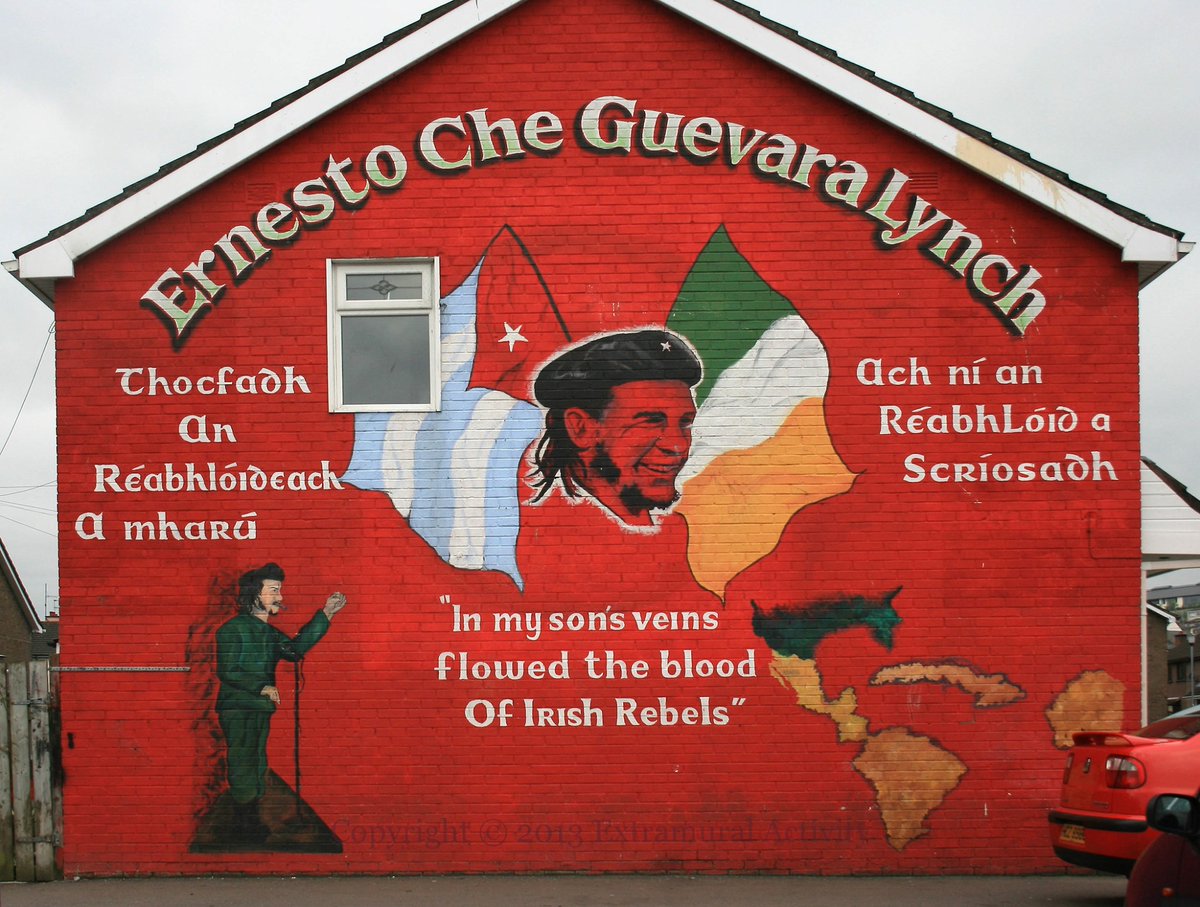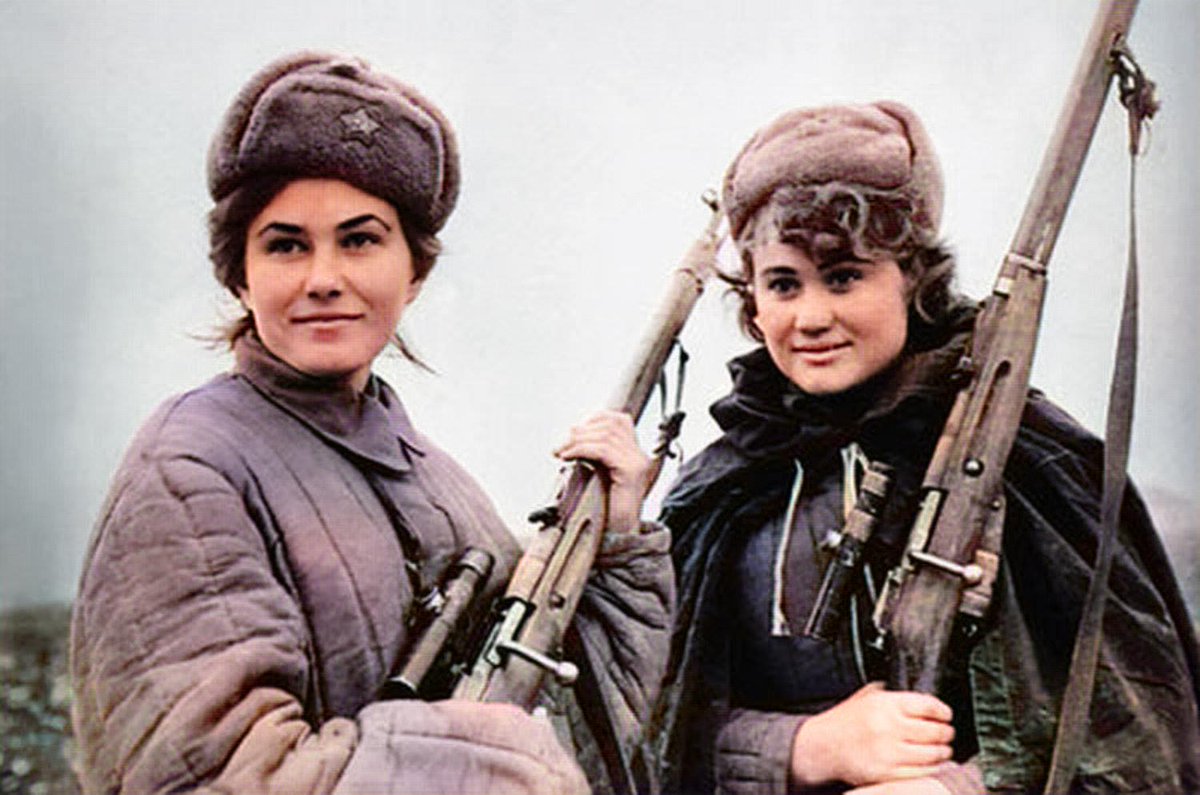
Today is #StPatricksDay! Did you know that Che Guevara’s family origins are Irish? 👇 

The Guevara family’s Irish origins can be traced to early 18th century Galway, where Che’s great-great-great-great-grandfather, Patrick Lynch, was born. In an interview with Che’s father, he said “the first thing to note is that in my son’s veins flowed the blood of Irish rebels” 

As a white-skinned Argentinean descended from local nobility on his mother’s side, Che lived among the more privileged ranks of his country’s class- and race-conscious society. 

The family plantation was lost after a series of poor investments made by Che’s father, and the family was forced to move into a fifth-floor apartment with Ana Isabel Lynch. It was in these years that Che grew close to Grandma Lynch. 

In time, Che rebelled against the class structures of Latin American society, and sought to lead the continent’s poor in a revolt against both domestic dictators and imperialism. 

He became world-famous as the right-hand man to a young Fidel Castro, in the improbable overthrow of Cuba’s Batista regime. 

As part of a Cuban delegation following the momentous 1959 revolution in the mid-1960s, Che would visit Ireland himself, traveling to the city of Limerick. On the trip, Che is known to have sought out a local pub, where he sampled Guinness. 

• • •
Missing some Tweet in this thread? You can try to
force a refresh




































